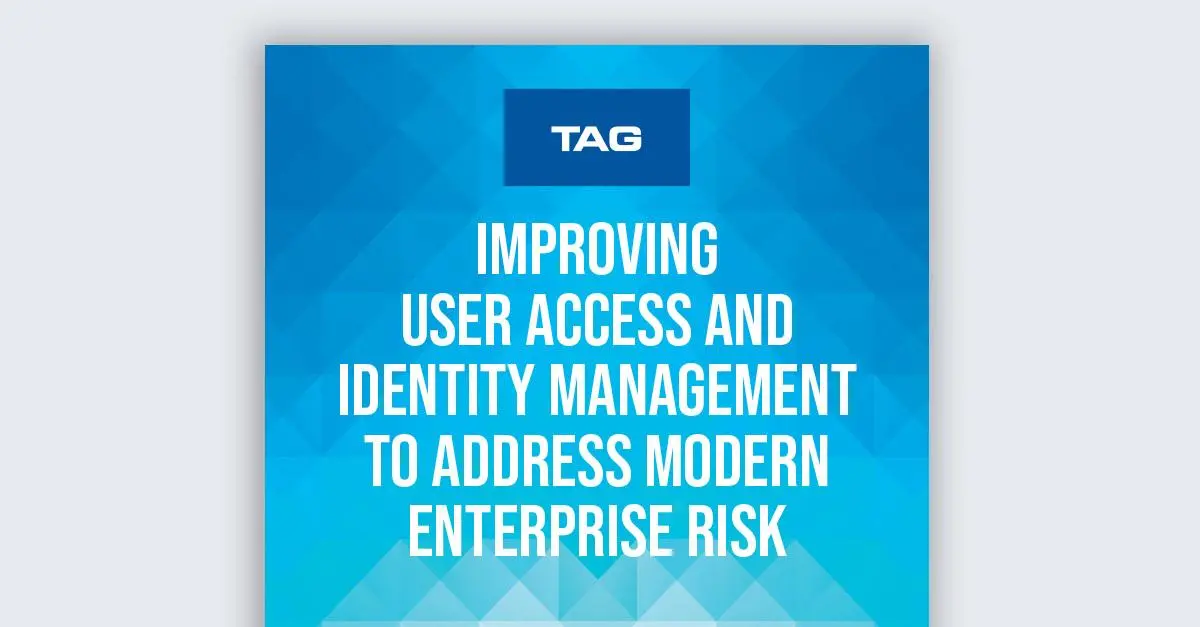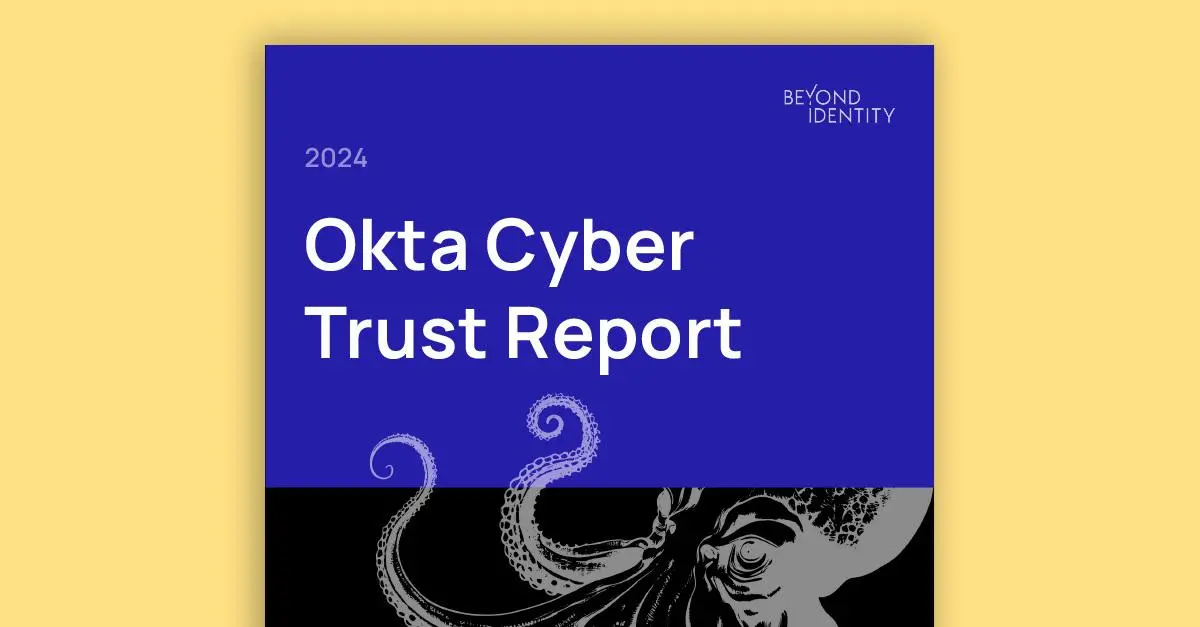Stay up to date on the latest at Beyond Identity

Best Identity Management Advice from the First Half of 2021
As part of ongoing research into the cybersecurity market, Solutions Review frequently covers the latest in data breaches, cyber-attacks, and authentication failures.

A new category enters the cyber vocabulary: Zero Trust Authentication
Beyond Identity and various industry partners have launched a new category of zero trust technology: Zero Trust Authentication (ZTA), developed in response to the failure of traditional authentication methods – a problem exacerbated by the increasing number of cyber attacks.

Best-Practices für eine Zero-Trust-Authentisierung
Traditional password-based multi-factor authentication now presents a very low hurdle for attackers. An authentication process that is both phishing-resistant and passwordless is therefore a key component of a Zero Trust framework.

2023 SC Awards Finalists: Best Authentication Technology
Beyond Identity, a trailblazer in Zero Trust Authentication (ZTA), has been named as a finalist in the 2023 SC Awards for Best Authentication Technology.

Apple, Google and Microsoft promise passwordless authentication
In honor of World Password Day, Apple, Google, and Microsoft on Thursday announced plans to expand support for the passwordless sign-in standard created by the FIDO Alliance and the World Wide Web Consortium (W3C).

AI and data: The 15 next big things, from culture-aware algorithms to password-free security
See the winners of FastCompany's Next Big Things in Tech

Anti-Ransomware Day 2023 - Disaster is imminent without proactive steps
While understanding the primary cause of ransomware is a vital first step, there can be big misconceptions – even for seasoned security professionals. Jasson Casey, Chief Technology Officer of Beyond Identity explains: “Attackers don’t break in, they log in.”

7 Security Mistakes Others Made So You (Probably) Shouldn’t
A study by Beyond Identity revealed that around 25% of former employees still have access to their past workplace accounts and emails, with over 41% of them admitting to sharing their login credentials.

.jpg)
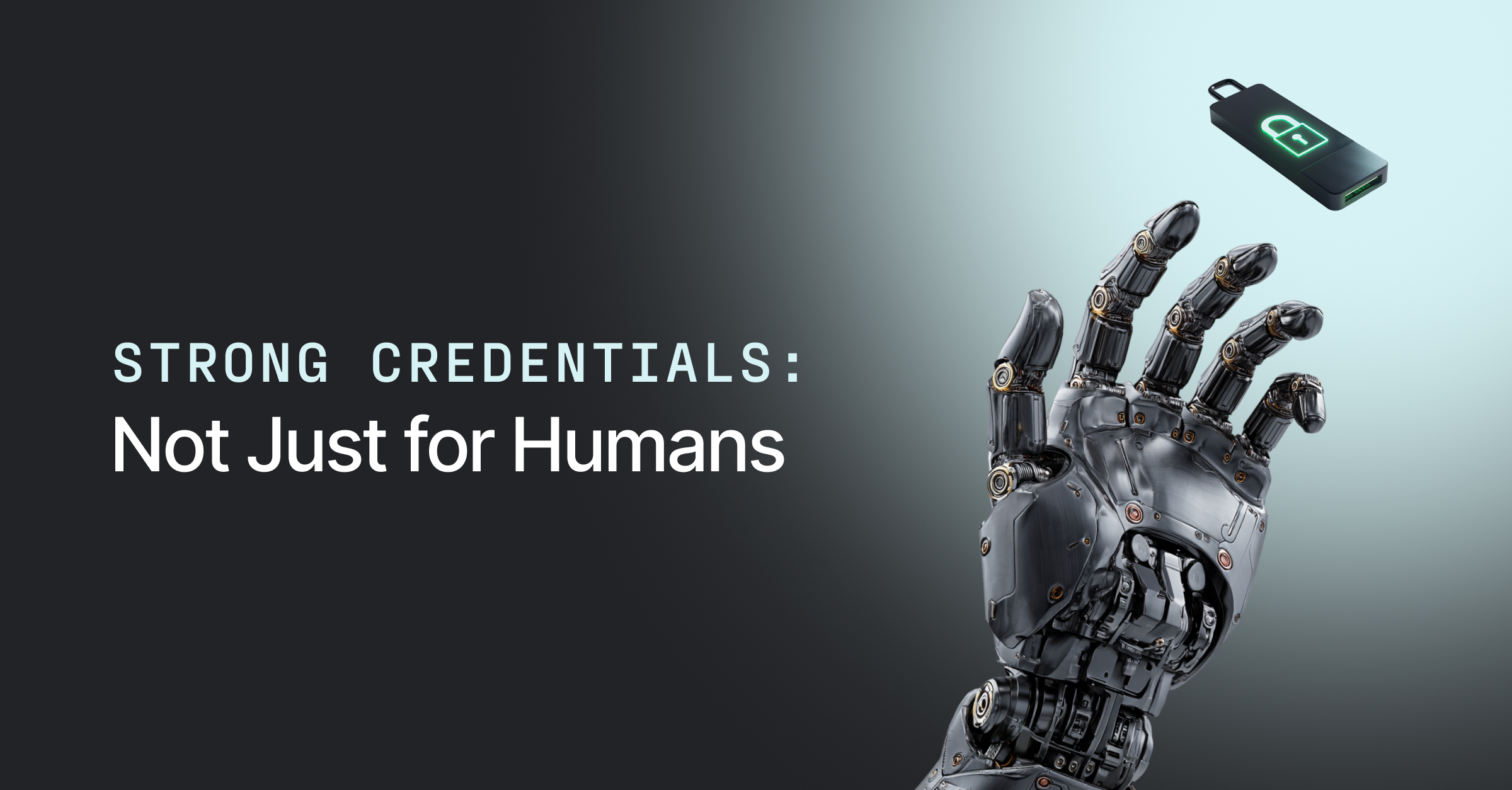
.png)
.jpg)

.png)
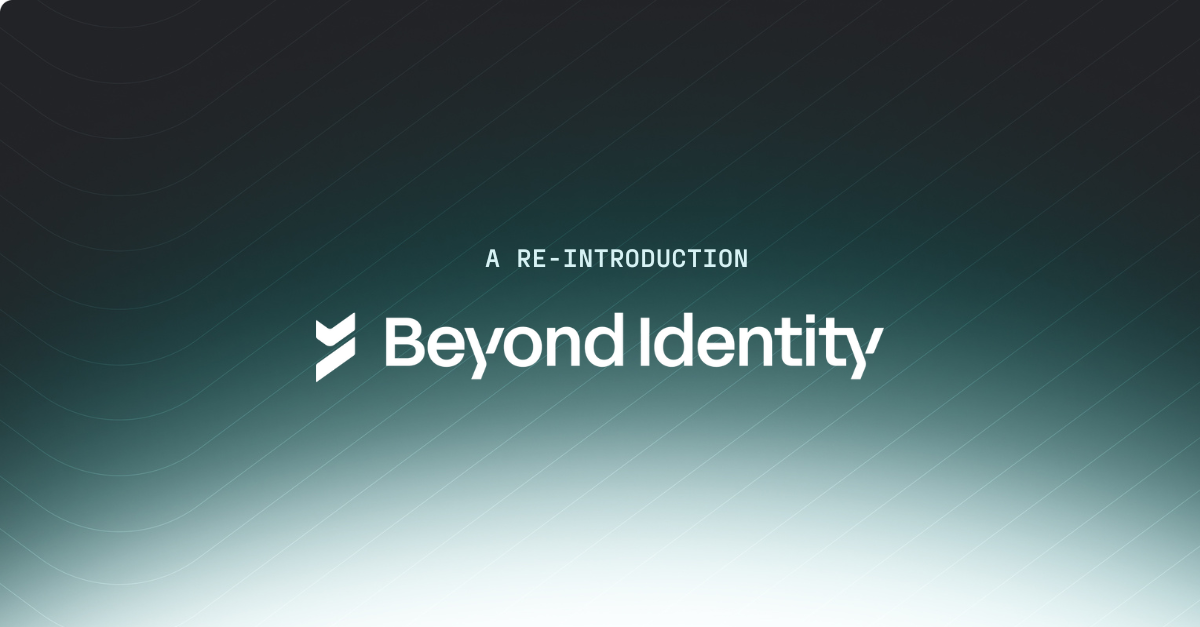
.png)
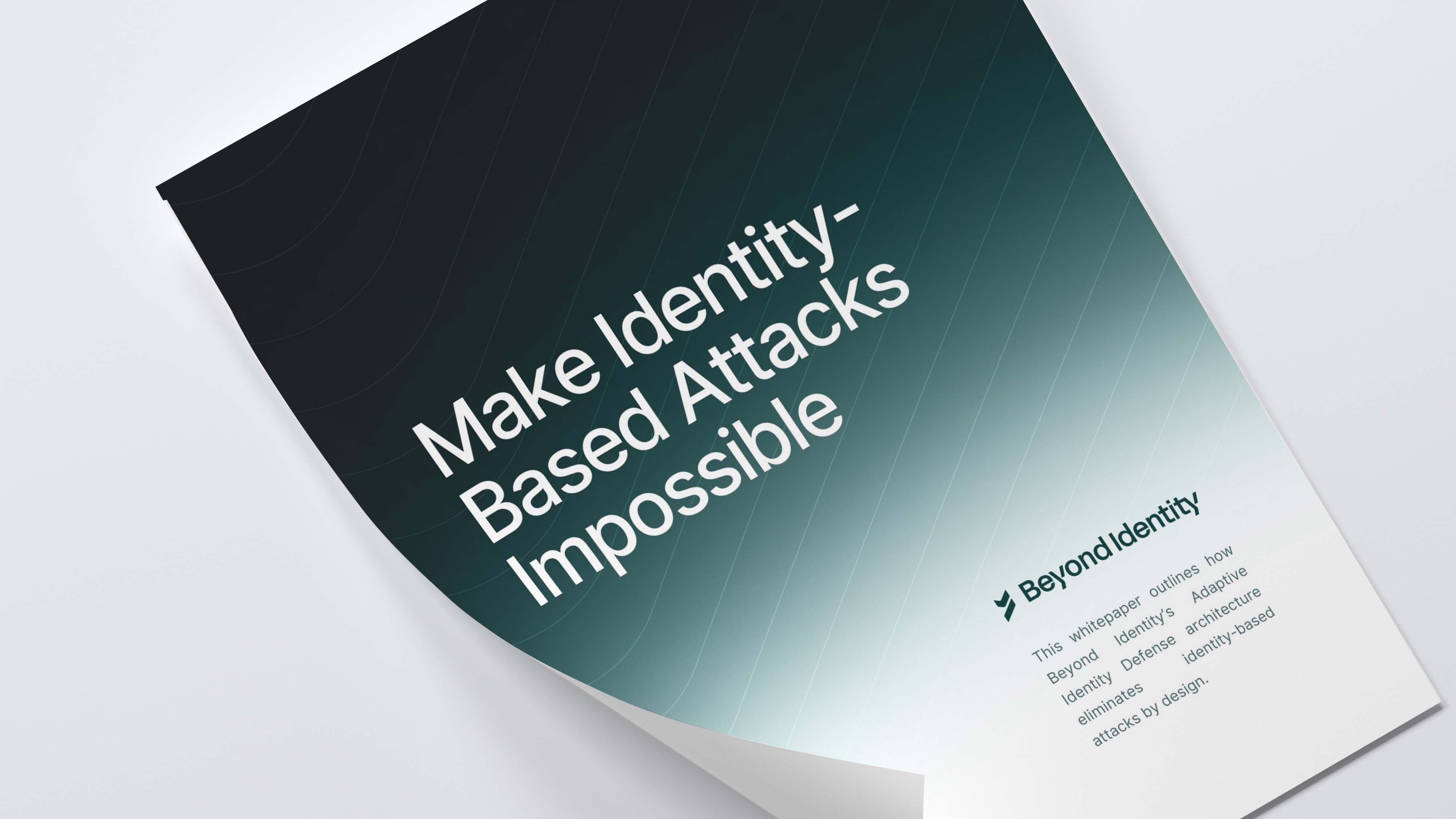
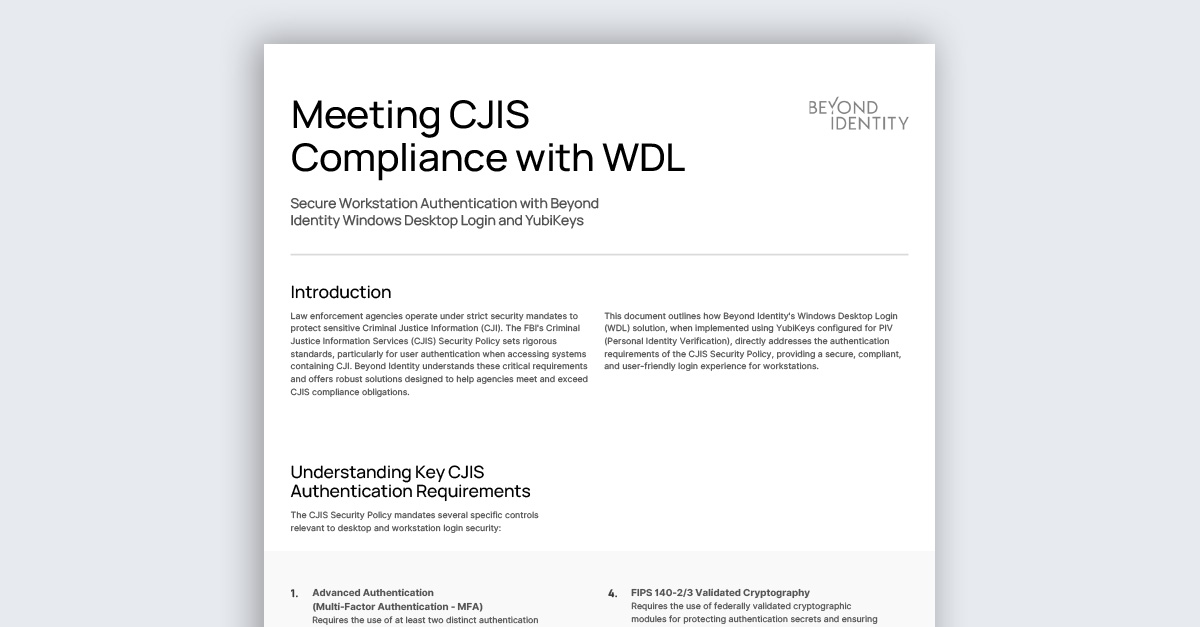
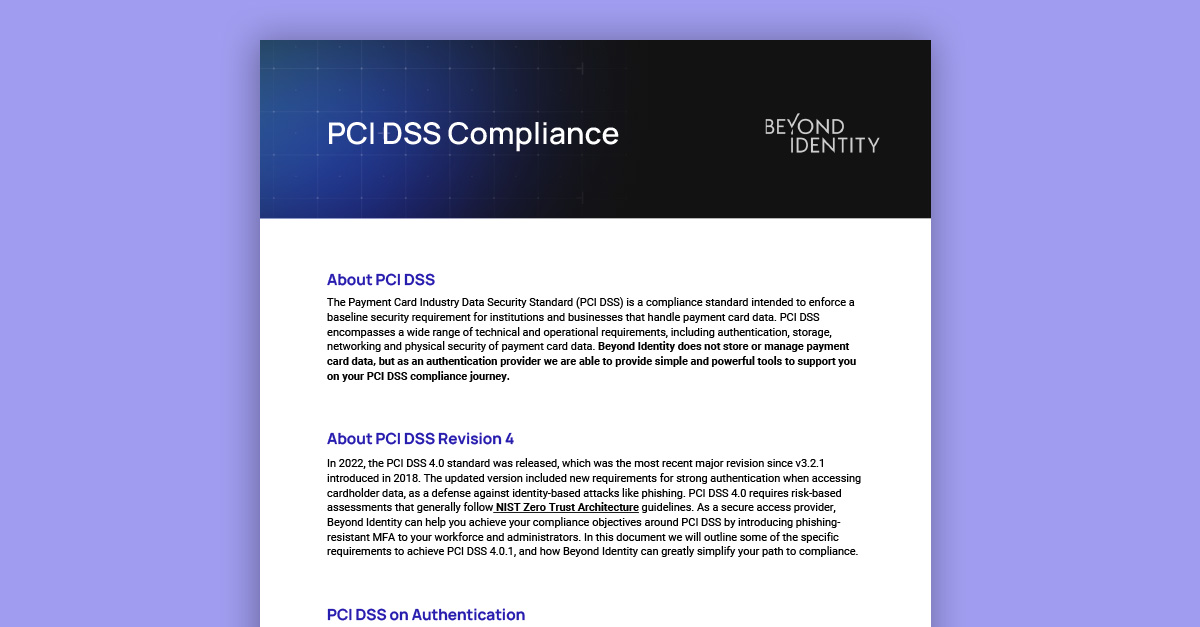
.jpeg)

